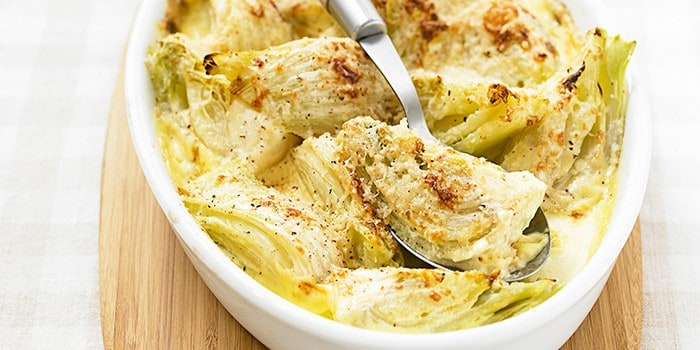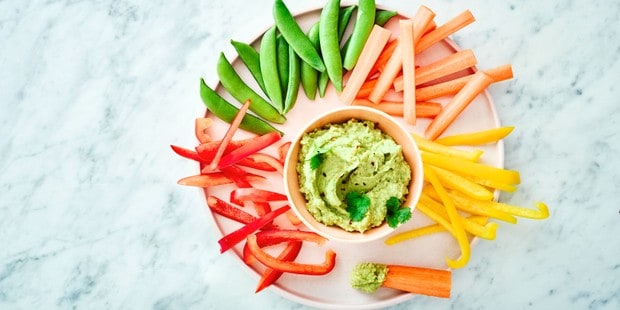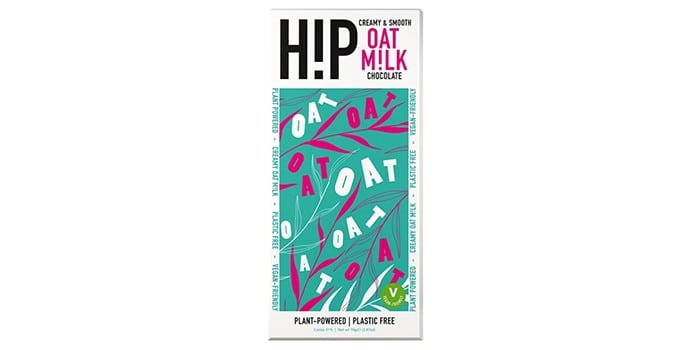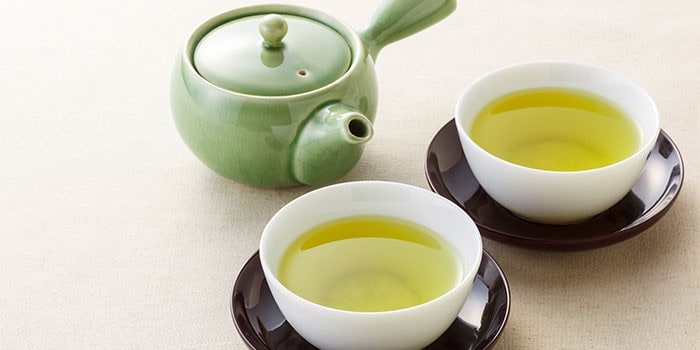What is fennel?
Fennel is a vegetable that is white-green in colour and bulb-like in appearance, with green stems and fronds. Varieties such as the Florence or Finocchio are treated as a vegetable, but you can also buy fennel as a herb with foliage resembling dill. A member of the Apiaceae (carrot) family, it’s grown for its edible shoots, leaves and seeds, and has a strong aniseed flavour, making it an attractive and versatile ingredient.
This review focuses on the benefits of consuming the whole vegetable, though it should be noted that fennel seed has attracted a lot of attention as a therapeutic agent for a wide range of conditions.
Discover our full range of health benefit guides. Get inspired by our fennel recipe collection from our avocado, prawn and fennel cocktails, to a simple fennel gratin.
Nutritional profile of fennel
An 80g serving of fennel contains:
- 10 kcals / 40 kJ
- 0.7g protein
- 0.2g fat
- 1.4g carbohydrates
- 2.6g fibre
- 352mg potassium
- 34mcg folate
- 112mcg carotene

What are the 5 top health benefits of fennel?
1. May maintain a healthy heart
A good source of fibre as well as heart-friendly nutrients like potassium and folate, vegetables like fennel may support heart health. This is because studies report that a plentiful intake of vegetables in the diet appears to lower blood pressure and may help manage cholesterol.
2. May support healthy skin
Fennel contains beta-carotene (which is converted to vitamin A in the body) and vitamin C, which is important for collagen production and tissue repair. Both these nutrients play an important role in maintaining the health of the skin, as well as the mucous membranes that protect organs like the respiratory tract.
3. May be anti-inflammatory
Rich in antioxidant nutrients such as vitamin C and plant flavonoids such as quercetin, fennel may help reduce inflammation. A high intake of a wide variety of foods that are rich in these protective polyphenols is linked to a lower risk of a number of chronic diseases.
4. May aid weight management
Low in calories but full of flavour, fennel is a useful ingredient to include in a weight management plan. With a low glycaemic index (GI) and high fibre contribution, fennel may help moderate blood sugar release as part of a meal.
5. May improve the symptoms of anaemia
Fennel is a good source of folate, which is needed for healthy red blood cell formation. Increasing your intake of folate-rich foods may improve symptoms of anaemia. Folate is also an important nutrient to include in your diet during pregnancy.
Is fennel safe for everyone?
For the majority of people, enjoying whole fennel as part of a healthy, balanced diet is safe. However, those with an allergy to celery and carrot may also be allergic to fennel.
Visit the NHS website to read more about allergies.
If you are concerned about food allergies, please consult your GP or registered dietician for guidance.
Healthy fennel recipes
Baked salmon with fennel & tomatoes
Cucumber & fennel salad
Prawn, fennel & rocket risotto
Peppery fennel & carrot salad
Teriyaki steak with fennel slaw
Roasted fennel with tomatoes, olives & potatoes
Shaved fennel, courgette & orange salad
Whole stuffed roast fish with fennel
Nicola Shubrook is a nutritional therapist and works with both private clients and the corporate sector. She is an accredited member of the British Association for Nutrition and Lifestyle Medicine (BANT) and the Complementary & Natural Healthcare Council (CNHC). Find out more at urbanwellness.co.uk.
All health content on bbcgoodfood.com is provided for general information only, and should not be treated as a substitute for the medical advice of your own doctor or any other healthcare professional. If you have any concerns about your general health, you should contact your local healthcare provider. See our website terms and conditions for more information.







